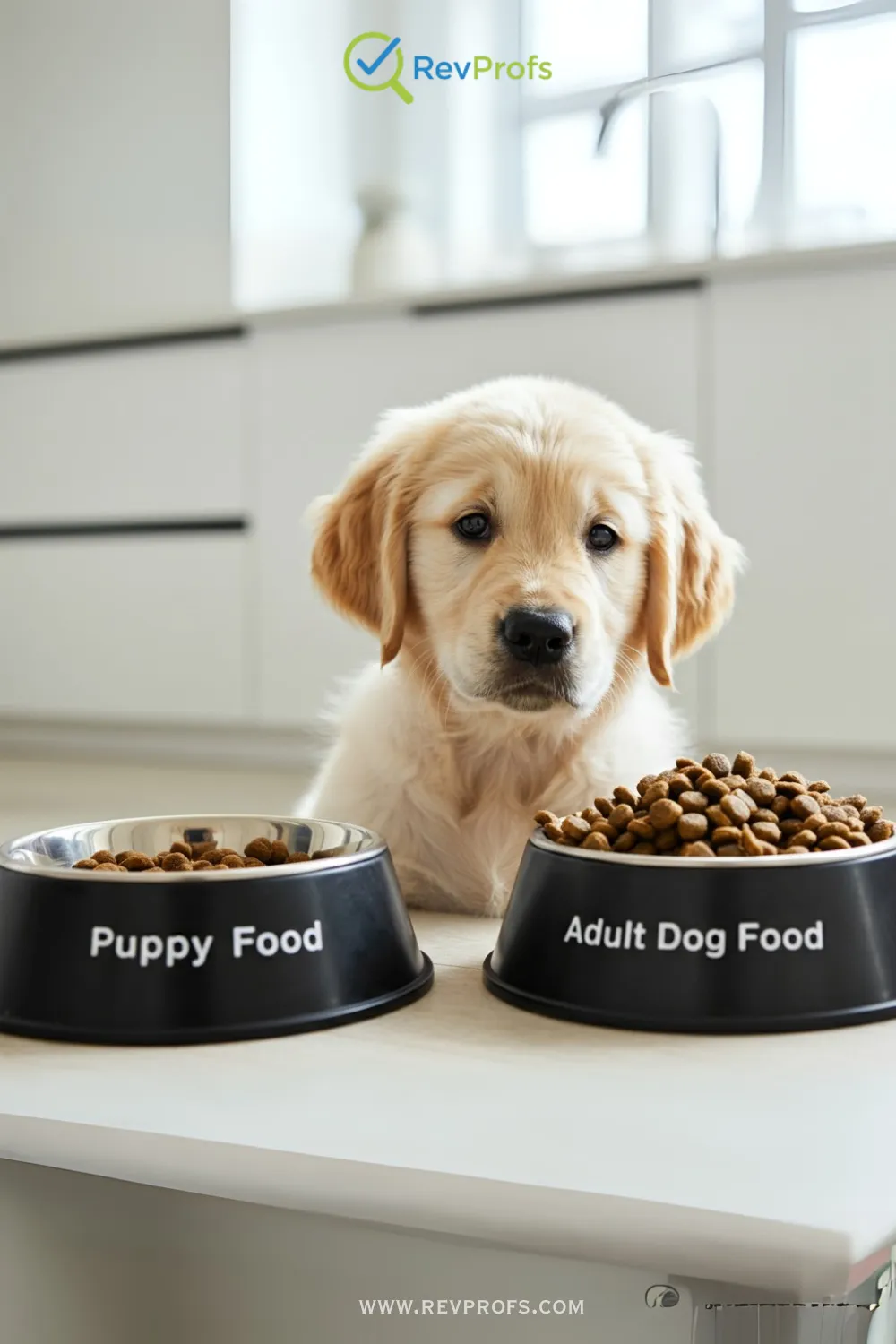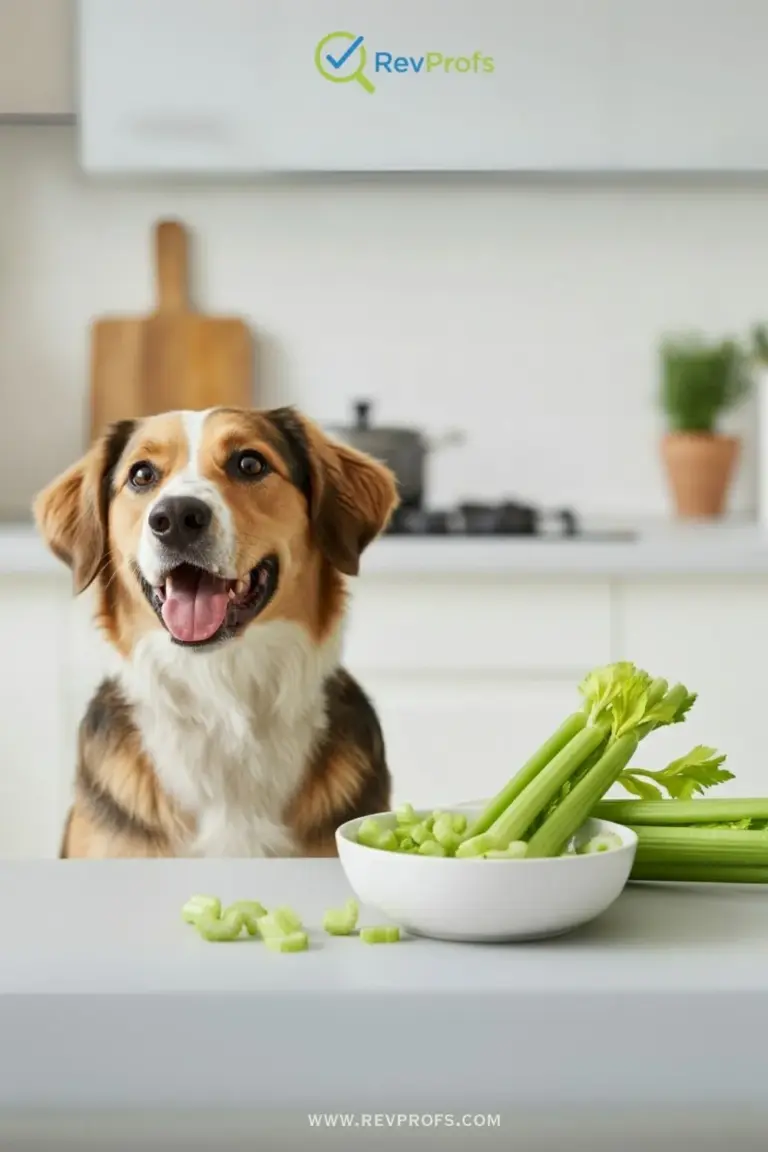How Long Should a Puppy Eat Puppy Food: A Complete Guide
Watching your new puppy grow is one of the greatest joys of being a pet owner. One week they fit in your hands, and the next they’re bounding through the house. With all this rapid growth, you’re probably asking important questions about their care, and a big one is, how long should a puppy eat puppy food? You’re right to focus on this; nutrition is the foundation of their future health. The answer depends almost entirely on their breed size, but a general rule is that puppies should eat puppy food until they are 9 to 24 months old.
It’s completely normal to feel a bit overwhelmed by the different advice out there. Are you switching too soon or too late? This guide is here to give you clear, straightforward answers. We’ll explore why puppy food is so different from adult food, provide a timeline based on your dog’s size, and walk you through the exact steps for a smooth and successful transition.

Why Puppy Food is a Must for Growing Dogs
Before we pinpoint the right time to switch, let’s look at why sticking with puppy food for the right amount of time is so critical. A puppy’s body is working overtime, building a strong skeleton, powerful muscles, and developing vital organs and a sharp brain. This intense development requires a special diet packed with specific nutrients that adult dog food simply doesn’t provide in the right amounts.
Puppy formulas are specifically designed to support this period of rapid growth. Think of it as providing premium fuel for a high-performance engine.
The Nutritional Power of Puppy Food
A bag of puppy food and a bag of adult food might look similar, but their nutritional profiles are worlds apart. Here are the key differences that make puppy food so essential:
- More Calories for More Energy: Puppies are little whirlwinds of activity. Their constant playing, exploring, and growing burns a tremendous amount of energy. Puppy food is more calorie-dense to meet these high demands, ensuring they have enough fuel to thrive.
- Higher Protein for Building Blocks: Protein is vital for developing strong muscles, healthy skin, and internal organs. Puppy formulas contain a higher percentage of protein compared to adult maintenance foods to support this non-stop construction.
- A Precise Mineral Balance: This is especially important for bone development. Nutrients like calcium and phosphorus must be present in the correct ratio to build a strong skeleton. An imbalanced ratio can lead to serious orthopedic conditions later in life, a risk that is particularly high for large breed puppies.
- Brain and Eye Development: High-quality puppy foods are fortified with omega-3 fatty acids like DHA. This nutrient is crucial for cognitive development and healthy vision, helping your puppy become a smart, alert companion.
Feeding an adult formula too early can deprive your puppy of these critical components, leading to potential health issues like stunted growth or a weakened immune system.
How Long Should a Puppy Eat Puppy Food? Timelines by Breed Size
The most reliable indicator for when to switch foods is your puppy’s breed and expected adult size. Smaller dogs mature much more quickly than their larger counterparts. Here’s a helpful breakdown to guide you.
Small Breed Dogs (up to 20 pounds as adults)
- Examples: Chihuahuas, Pugs, Dachshunds, Boston Terriers
- Transition Time: 9 to 12 months of age
These little dogs have fast metabolisms and reach physical maturity much sooner than larger breeds. You can confidently start transitioning them to a high-quality adult food formula around their first birthday.
Medium Breed Dogs (20-50 pounds as adults)
- Examples: Beagles, Border Collies, Cocker Spaniels, Australian Shepherds
- Transition Time: Around 12 months of age
Medium-sized dogs generally follow the most “standard” timeline. By the time they are one year old, they have completed most of their structural growth and are ready to move on from their puppy diet. For more details, you can read our Complete Guide to Dog Nutrition.
Large & Giant Breed Dogs (over 50 pounds as adults)
- Examples: German Shepherds, Golden Retrievers, Great Danes, Newfoundlands
- Transition Time: 18 to 24 months of age
This is the group that requires the most patience. Large and giant breeds grow for a much longer period, and their skeletal systems are vulnerable to issues if their growth isn’t managed carefully. Switching them to an adult maintenance diet too soon can be harmful. It’s best to keep them on a formula specifically designed for large-breed puppies until they are at least 18 months old. For giant breeds, your veterinarian may even recommend waiting until they are two years old.
How to Flawlessly Transition From Puppy to Adult Food
Once you and your vet have determined it’s time to make the switch, you can’t just change the food cold turkey. A sudden dietary change can easily cause digestive upset like diarrhea or vomiting. The key to success is a gradual transition over about a week.
This slow introduction allows the good bacteria in your dog’s digestive system to adjust to the new ingredients. Follow this simple 7-day schedule:
- Days 1-2: Serve a mix of 75% old puppy food and 25% new adult food.
- Days 3-4: Adjust the ratio to a 50/50 mix of puppy and adult food.
- Days 5-6: Move to 75% new adult food and 25% old puppy food.
- Day 7: Transition completely to 100% new adult food.
If your puppy has a known sensitive stomach, feel free to extend this process over 10-14 days for an even gentler transition.
What to Watch For When Changing Your Puppy’s Diet
During the transition period, pay close attention to your puppy. Their appetite, energy, and bathroom habits are the best indicators of how well they are handling the new food.
Signs of a Good Transition:
- Consistent, firm stools.
- A healthy appetite and excitement for mealtime.
- Normal energy levels.
- A shiny coat and healthy skin, with no new itching.
Potential Red Flags:
- Loose stool or diarrhea.
- Vomiting or frequent spitting up.
- Loss of appetite or refusing to eat.
- Excessive gas.
- New skin issues, like redness or obsessive scratching.
If you notice any of these red flags, take a step back in the transition process. Go back to the ratio that your puppy was tolerating well for a day or two before trying to move forward again. If symptoms persist or seem severe, it’s always best to pause the transition and contact your veterinarian. They can help you troubleshoot the issue. For more trusted information on your dog’s dietary needs, the American Veterinary Medical Association (AVMA) offers excellent guidance for pet owners. For more details, you can read our Choosing the Best Food for Your Adult Dog.
Setting the Stage for a Healthy Future
Knowing how long a puppy should eat puppy food is a simple yet powerful way to support their long-term health. By feeding a nutrient-rich puppy formula for the right amount of time, you are giving your companion the best possible start. You’re building a foundation of strong bones, healthy organs, and a sharp mind.
Enjoy this special time with your growing friend. Your commitment to their nutrition is a true act of love that will pay off in many happy, healthy years to come.
Ready for the Next Step?
Your pet's journey doesn't end here. Explore our expert guides to ensure they get the best care at every stage.
Puppy & Dog Care
From choosing the right food to understanding their behavior, our dog care guides cover everything you need to know.
Explore Dog GuidesGear & Product Reviews
Find honest, in-depth reviews on the latest pet gear, from smart collars to durable toys, and make informed decisions.
See All Reviews

